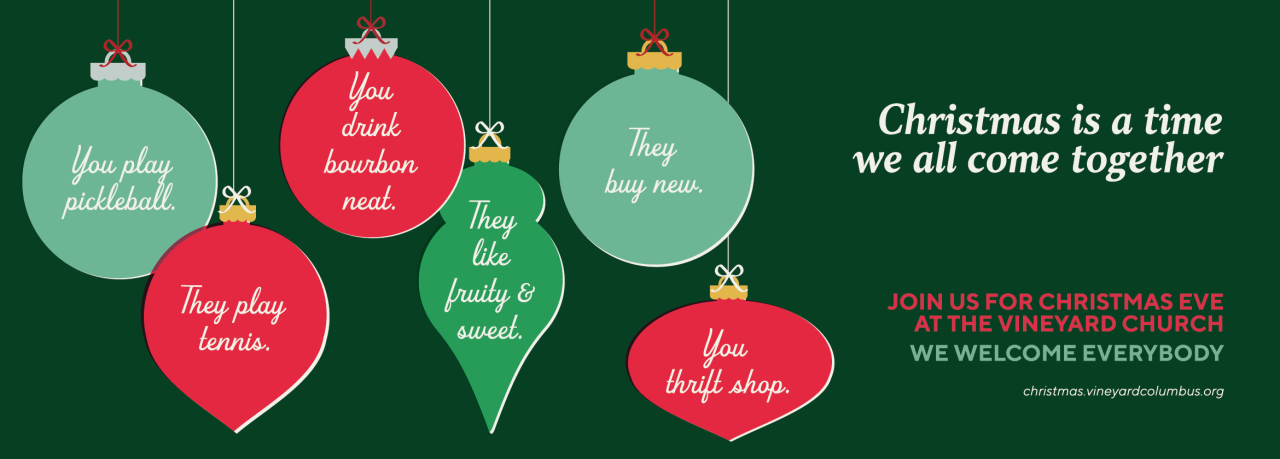Blue Eyed Blues
When Garrett Dutton was eight years old, it was the Beatles who prompted him to take up the guitar. After learning to fingerpick “Blackbird” and adding a harmonica to the mix, by fifteen he was writing his own songs. But it wasn’t until he asked the owner of his local record store who else besides Bob Dylan and Neil Young played solo acoustic guitar and blew the harp, that he was handed his first John Hammond album.
Though his stage name and notoriety were still years away, that was the moment Garrett became G. Love.
“When I heard his rendition of “Statesboro Blues,” my whole world changed,” G. Love recalled. “I was used to people strumming the guitar, and this was an entirely different sound—holding the bass, playing riffs, playing melodies, all at the same time. That sound guided me toward Delta blues.”
Faithful execution of traditional blues standards probably would have been enough to make a white kid from Philadelphia stand out amid aging hair bands and the grunge craze in the waning days of power pop. Freestyle rap was becoming as much a part of the emerging Philly music scene as Hall and Oates had by reimaging R&B in the ‘70s and ‘80s, or the defining influence of the Delfonics decades earlier. G. Love turned something old into something new, a nod to the past with a pulse on the present.
“The hip hop side of what I do was just part of growing up in our generation and the music we listened to with our friends,” he explained. “I never really thought of myself as a rapper until one night while I was still a street musician, I finished one of my tunes and started singing Eric B. and Rakim’s ‘Paid in Full’ lyrics over the blues riff I was playing and it was like a light shown down on me. It was something no one else was doing.”
That reference to “our generation” wasn’t just a generalization. G. Love and I have some shared history, though our paths had never formally or formerly crossed. We’re the same age, and despite being unapologetically the product of urban, East Coast upbringings, our formative musical influences run a remarkably similar range, from the Beastie Boys and Run DMC to Big Bill Broonzy and Robert Johnson. Just as his genre-defying debut album released, I happened to be the blues producer at a tiny public radio station that either didn’t mind or didn’t know how often I brought in milk crates of my own vinyl and patched the board into the only studio left that still had a working turntable. That’s when I first dropped the needle on “Cold Beverage” and the sound was unlike anything else on the air.
What easily could have been another catchy one-hit-wonder seemed to stick. Back before Spotify and SiriusXM, the way most musicians found new audiences was through independent radio and the small club circuit. That’s where G. Love and his Boston-born band, Special Sauce, won fans and defied critics. Though it’s been his enthusiasm to collaborate that continues to find new followings with albums and appearances from Ben Harper and Lucinda Williams to Keb’ Mo’ and Citizen Cope constantly redefining his raconteur style.
“Collaboration should be natural and sincere, but you don’t have to be best friends to cut a song together,” he noted. “Most musicians love to get that call to work on an album together. I know I do.”
One such call came from the Avett Brothers, who produced “Fixin’ to Die”, as well as backing G. Love with enough layered harmonies and bright banjo licks to create a credible Appalachian-inspired album of back porch blues.
“The Avett Brothers were huge fans when they were in high school. Seth had a broken cassette deck in his car that had my album Yeah, It’s That Easy stuck in it, playing for a year,” he laughed. “They were already big when they took time out to do my album.”
Despite these seemingly unlikely musical alliances, his most well-known and enduring collaboration is probably with Jack Johnson. The two were introduced by a mutual friend and fellow surfer while G. Love was in L.A. working on an album.
“We came back to my little hotel room and traded songs after surfing all afternoon,” he revealed. “Basically every song he played went on his first album, Brushfire Fairytales.”
G. Love championed Johnson’s music, even including an early bluesy release of “Rodeo Clowns” as a duet on that album, Philadelphonic. By the time Johnson was coming into his own, G. Love’s label was cutting smaller bands. Brushfire Records picked up G. Love, where his loyalties and royalties remain to this day.
It’s been a winding road, but not a weary one for G. Love and Special Sauce, celebrating the 25th anniversary of the release of their self-titled album this year with a tour of venues and cities large and small. But it’s those cities in the middle where he expects to keep finding ways to stay new and true to the music he admires and aspires.
“Twenty-five years later, I’m still finding new ways to do the same old thing. I used to get chased off the corner as a street musician, but now Philadelphia is exploding because New York has priced people out,” he explained. “Musicians, artists, and actors are going to thrive where they can afford to live, and get a little steam going. Places like Philly, Baltimore, and Columbus are where I think we’re going to see a wave of creatives over the next ten years — cities with scenes small enough to stand out, but still big enough to make an impact.”
G. Love and Special Sauce will perform at the Columbus Arts Festival on June 9. For more, visit columbusartsfestival.org.
BROUGHT TO YOU BY



